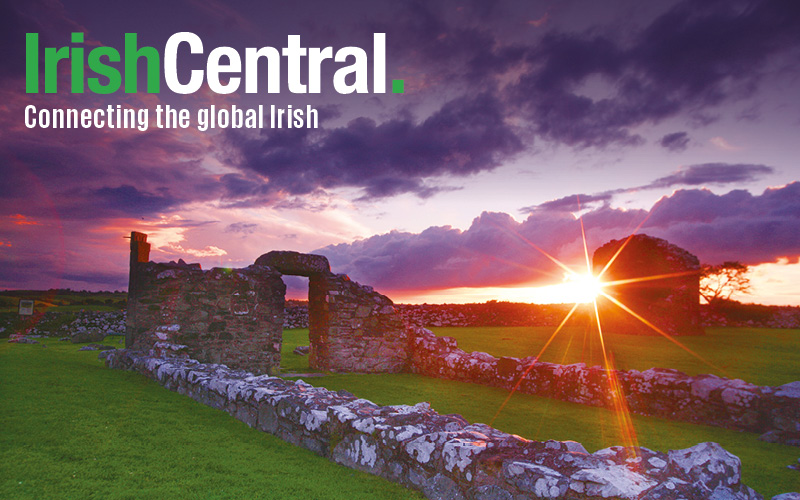Enda Kenny on Tuesday flew to Brussels for an EU leaders meeting in the wake of Brexit with an argument for special treatment for Ireland, Britain’s closest neighbor and biggest trading partner.
Outgoing British Prime Minister David Cameron – he announced he was resigning after his country voted to opt out of the EU – was also at the emergency meeting. But Cameron was excluded from the planned Wednesday follow-up meeting of the heads of the other 27 members of the EU.
Kenny emphasized to other EU leaders that Brexit was a political and economic earthquake for Ireland.
Other EU leaders underlined the effects the biggest crisis the EU has ever had on their countries, but Kenny told the Dail prior to his departure, “The stakes have always been higher on this issue for Ireland than for any other EU member state.”
Although some Euro leaders are urging that Britain press the departure button soon and are refusing to negotiate new arrangements between it and the EU until that happens, Kenny’s strategy was to “bat for Britain.”
He felt any “punishment” for Britain voting to leave would have a negative effect on trade with Ireland.
Fianna Fail opposition leader Micheal Martin, who was also in Brussels to meet with EU leaders, was giving almost unconditional support to the government.
“The first thing we need is to make sure we fully define our objectives and have an inclusive national approach to the negotiations. We all need to be wearing the same jersey,” Martin said.
Transport, Tourism and Sport Minister Shane Ross said Ireland has to make a “special pleading” with the other EU leaders. “I expect we are in the worst position of any county in Europe,” he said.
One of Kenny’s main arguments for special treatment was that the peace process in Northern Ireland could be in jeopardy if the border was reinstated. He maintained that Ireland’s relationship with the U.K. – even if no longer a member of the EU – should be protected on the basis of a common travel area and a shared land border.
For the first time since 1922, with Britain and Ireland both in or out of the EU at the same time, the two countries can no longer make deals on free movement of goods and people without now consulting the 26 other EU nations.
The Economic and Social Research Institute (ESRI) think-tank estimates that Ireland’s trade could slump by up to 20 percent.
Tourism bosses fear that Ireland’s biggest source of visitors with 4.5 million Britons annually, could drop sharply with sterling so weak and a post-Brexit recession looming.
A study by agricultural research institute Teagasc predicts that farmers and food companies could be among the biggest losers with a sizeable hole likely in Ireland’s €10 billion exports of food products to Britain each year.
Business losses already incurred include an estimated €158 million for Ryanair chief executive Michael O’Leary. He saw the value of his 3.8 percent stake in the low-cost carrier fall to €499 million on Monday from €657 million last Thursday when the Brexit vote was held.
His company was worth €13.12 billion at close of business on Monday from a high of €17.34 billion on June 23.




Comments